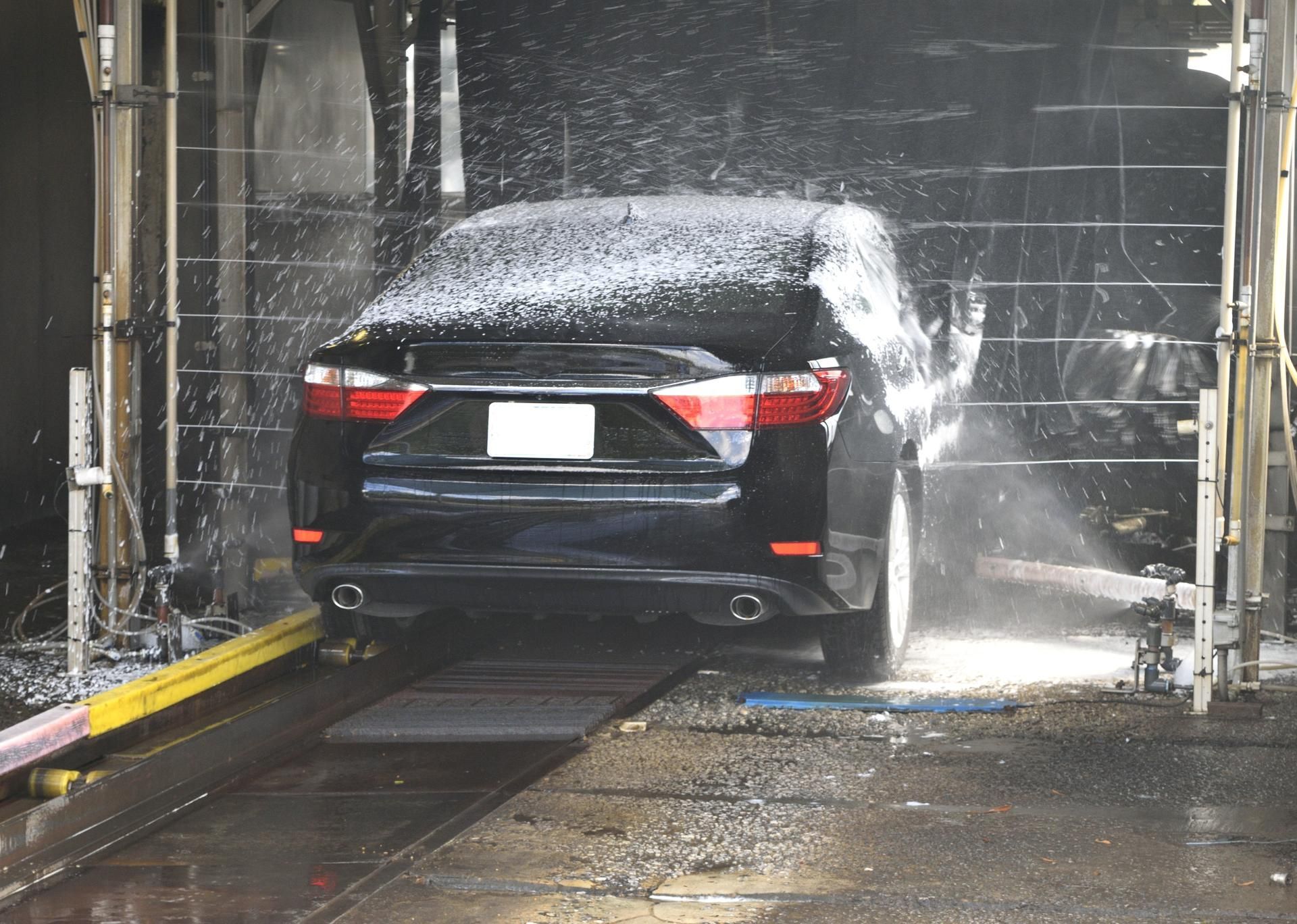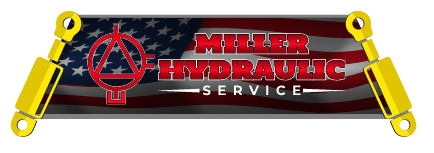Serving All of Central & Northern Illinois and NW Indiana
Office: (815) 468-7745
Understanding Hydraulics For New Car Wash Owners

Owning a car wash is often considered a great, almost-passive business investment. However, as a new car wash owner, it is important to understand the different components of your car wash system to ensure everything functions properly.
One crucial component is the hydraulic system. Hydraulics play a significant role in a car wash's operation and efficiency. Understanding them will ultimately benefit your business. Here's a closer look at the basics of hydraulics, their role in a car wash system, the importance of maintaining them, and common problems you might encounter.
Basics of Hydraulics
Hydraulics is the transmission of fluid pressure through channels or tubes. In other words, the pressure from the hydraulic fluid can be transferred to another mechanical component. When talking about car wash systems, hydraulics are used to control the movement of the wash equipment.
The hydraulic system uses a pump to move hydraulic fluid through tubes and hoses. This fluid then flows into cylinders attached to specific parts of the equipment. As the pressure increases, so does the system's output, allowing for more efficient operation and higher speeds.
Role of Hydraulics in a Car Wash System
In a car wash system, hydraulics are used to control the movement of equipment such as brushes, motors, and pumps. The different hydraulic components used in a car wash system include:
- Hydraulic cylinders
- Valves
- Hoses
- Pumps
Hydraulic cylinders are used to control equipment position, while valves help distribute the fluid's pressure. Hoses, on the other hand, are used to transfer the hydraulic fluid throughout the system without any leaks. Finally, pumps help to control the rate at which the fluid flows. Understanding the function of each of these components is essential to keep the car wash running smoothly.
Importance of Hydraulics in Car Wash Operations
Efficiency and effectiveness are the two main reasons hydraulics are crucial to car wash operations. Their ability to control the movement of equipment and regulate the flow of liquid between different components ensures that everything moves smoothly.
Moreover, hydraulics are important for ensuring the safety of both customers and employees. For example, the hydraulic system can help prevent the equipment from accidentally hitting a customer's car. Understanding and maintaining hydraulics can also save you money in the long run because well-maintained equipment lasts longer and requires fewer repairs.
Common Hydraulic Problems in Car Wash Systems
Even with proper maintenance, hydraulic systems can experience problems. Common issues that can occur in a car wash hydraulic system include:
- Leaks
- Contamination
- Poor performance
- Damaged hoses
Regular monitoring of your hydraulic system can help detect these issues early and prevent them from becoming more severe. It is recommended to have a knowledgeable technician inspect and maintain your hydraulic system every few months.
Basic Maintenance of Hydraulic Systems
Basic maintenance procedures for hydraulic systems prevent problems in car wash systems. A few tasks are:
- Keeping the hydraulic fluid clean and refilling as necessary
- Keeping the area around the hydraulic system clean to prevent contamination
- Checking for leaks
- Replacing worn hoses
- Changing filters as necessary
Additionally, it is recommended that new car wash owners invest in thorough training on hydraulic systems or consult with a professional to assist with the maintenance of these systems.
Understanding hydraulics is crucial for new car wash owners to ensure efficient operations, safety, and cost-effectiveness in the long term. By maintaining and regularly inspecting the hydraulic system, new owners can prevent common problems and ensure that all equipment runs smoothly. If you are new to the car wash industry, Miller Hydraulics Service can help. Call us today to learn how we can help keep your new business investment as passive as possible.
CONTACT INFORMATION
Address: 1965 E. Amberstone, Manteno , IL 60950
Office: (815) 468-7745
Emergency: (815) 405-4042
Email: miller-hyd@comcast.net
Business Hours:
- Mon - Thu
- -
- Friday
- -
- Sat - Sun
- Closed





